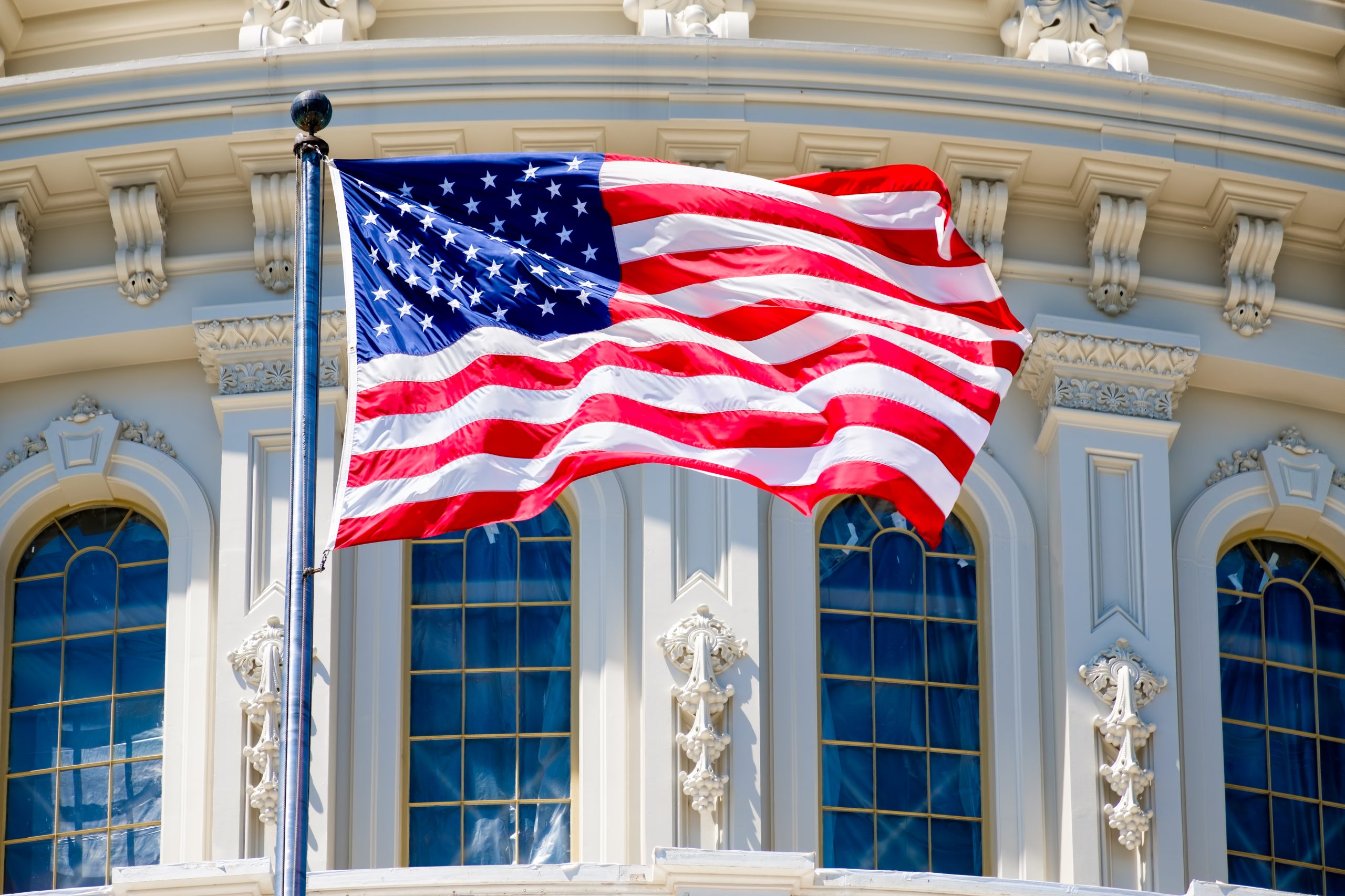Reposted from: https://www.washingtontimes.com/news/2025/aug/18/congress-states-real-threat-american-agriculture/
August 18, 2025
OPINION:
If the recent House Agriculture Committee hearing on California’s Proposition 12 seemed like a one-sided infomercial for Big Ag, that’s because it was.
Stacked with industry insiders and absent meaningful representation from independent farmers, animal welfare experts or consumer advocates, the hearing was not a serious examination of the law’s impact. It was a scripted performance aimed at rolling back policies supported by voters in states across America.
In 2018, California approved Proposition 12 by a majority vote, establishing minimum animal welfare standards for products sold in the state, whether produced in California or not. Massachusetts enacted a nearly identical law in 2016, and more than a dozen other states — including Florida, Michigan, Oregon, Maine, Arizona and Colorado — have laws addressing animal confinement and farm practices.
Whether or not one agrees with California or Massachusetts (and I frequently do not), these laws were passed democratically and reflect the votes of the majority of the citizens living there. They also fall well within the states’ reserved powers under the U.S. Constitution.
However, S.1326, the so-called Food Security and Farm Protection Act, would let any business or individual who claims to be “affected” by a state’s agricultural law sue to strike it down in federal court. That would empower foreign-owned companies, such as Smithfield Foods, which is controlled by a Chinese parent group, to challenge state laws they do not like. Rather than protecting traditional American farmers, the bill empowers multinational corporations and foreign interests.
The threat of foreign influence over U.S. farmland and agricultural assets is real. That’s why the Trump administration is now, correctly, working to prevent the Chinese Communist Party from acquiring more acreage in the American heartland.
Smithfield, which produces about a quarter of U.S. pork, would have a direct incentive to lead legal challenges against Proposition 12 and similar state laws. If S.1326 passes, it could argue in court that these laws threaten interstate commerce and invalidate them.
Rep. Ashley Hinson’s Save Our Bacon Act, introduced the same day as the House Agriculture Committee hearing, similarly targets state sovereignty by attempting to impose Iowa’s laws on all other states. What works in Iowa may not work everywhere.
In 2023, the U.S. Supreme Court upheld Proposition 12, rejecting the argument that it violated interstate commerce. Writing for the court, Justice Neil M. Gorsuch said, “While the Constitution addresses many weighty issues, the type of pork chops California merchants may sell is not on that list.”
In West Virginia, we have more than 22,000 farms, many small, family-run operations. These producers follow state-specific rules and regulations that make sense for our economy, our land and our people. They do not need the federal government to step in and let outside interests rewrite those rules.
A Harvard Law School report found that S.1326 or its earlier version, the EATS Act, could invalidate more than 1,000 state-level agricultural laws. This would not necessarily stop with animal confinement. It could wipe out laws on pesticide use, invasive species, labeling, inspections and food safety — whatever a big company claims is too burdensome.
In 2023, I joined 15 colleagues in warning that if this provision made it into the Farm Bill, it would “provide [China-owned Smithfield] with a mechanism to bypass state-level laws and rapidly acquire even more American land and pork industry assets with no restraints at all.” That concern has only grown more urgent.
Proposition 12 does not ban pork; it simply sets basic standards for what can be sold in-state. Many farmers have already adjusted their practices to meet those standards. Major retailers such as McDonald’s and Costco have adopted similar requirements. Should we now punish farmers for making those investments?
To protect our food supply from China, Congress should ban foreign ownership of farmland, bolster domestic processing capacity and promote agricultural innovation. Do not give Beijing a new legal weapon to dismantle our state laws from the inside.
Conservatives should preserve the balance of power between states and the federal government established by our Founders. We should defend the Constitution and the principle of federalism, not ignore it when we find it inconvenient.And after that? Likely another multi-year slog back to the Supreme Court.
Alex Mooney served as the U.S. representative for West Virginia’s 2nd Congressional District from 2015 to 2025.
